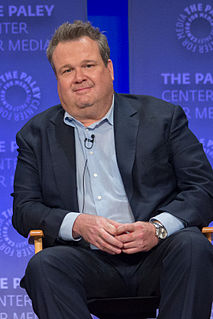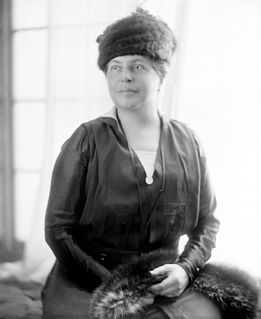A Quote by Stephanie Land
In the world of Tinder and Bumble, where people keep up the appearance that they are low-key, lacking in any drama and partaking in an Instagram-worthy activity during every free moment between trips overseas, admitting you work from home and have small children orbiting you full-time feels like a drag.
Related Quotes
Once upon a time, an editor could try out one or two wacky books, knowing full well that their list would counterbalance any risk with a stable of best-sellers and safe bets. Nowadays, every book must earn its own bread. With low overheads and an often episodic operating status, the small independent press is nicely placed to snap up the most innovative literature going at the moment. To take the risks. Meaning that small presses are no longer just outfits set up to publish your or your friends' work. They have something genuinely important to offer.
When you first quit your regular job and you become a full-time writer, you are paralyzed with free time. You have so much free time. When you are at home, you have a guitar. There's a cat. You got to find ways to create an environment when writing is like going to work. Be efficient with the hours you put into the book. So I go there the same time, every day - like 7:30 am - and I leave around 2 pm, or longer, if I have a deadline.
Many years ago I had two small children, and I wanted to be able to be home when they got home from school. And I didn't like the direction journalism was taking. I thought if I could write books, I could work at home and have the best of both worlds. I wrote my first mystery while still working full time, and it didn't sell, but the next one did sell, so I quit my job for the world of fiction. Scary, but I've never regretted it for a single day.
The fundamental principle [of settlement work] remains: that people shall take up their residence in industrial communities, giving what they may have of public spirit, and partaking of the life about them; preserving their identity as individuals and endeavoring to keep the settlement free from the institutional form of philanthropic work. ... the relationship is reciprocal.
But this is not a world of free freights. One pays according to an iron schedule--for every strength the balanced weakness; for every high a corresponding low; for every fictitious god-like moment an equivalent time in reptilian slime. For every feat of telescoping long days and weeks of life into mad magnificent instants, one must pay with shortened life, and, oft-times, with savage usury added.
Be aware of the big difference between inspired action and activity. Activity comes from the brain-mind and is rooted in disbelief and lack of faith - you are taking action to “make” your desire happen. Inspired action is allowing the law to work through you and to move you.
Activity feels hard. Inspired action feels wonderful.
I don't think there's any single finished point for a work. It's done when something's happening with the work that feels like a balanced, coherent disharmony. That's one way to say it. And where if I keep working on it, to discover and struggle with new problems, I'll obliterate the ones I was working on. I could keep working on it, but it'd become something different. And I value what's here, at the moment.



































